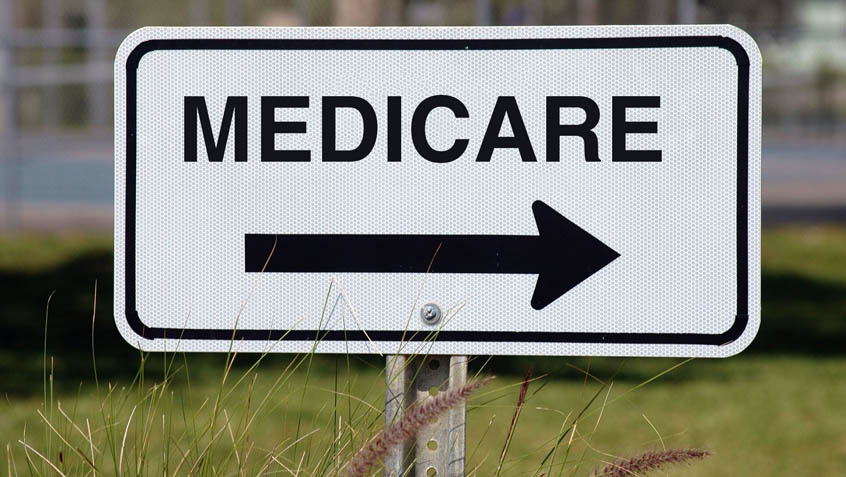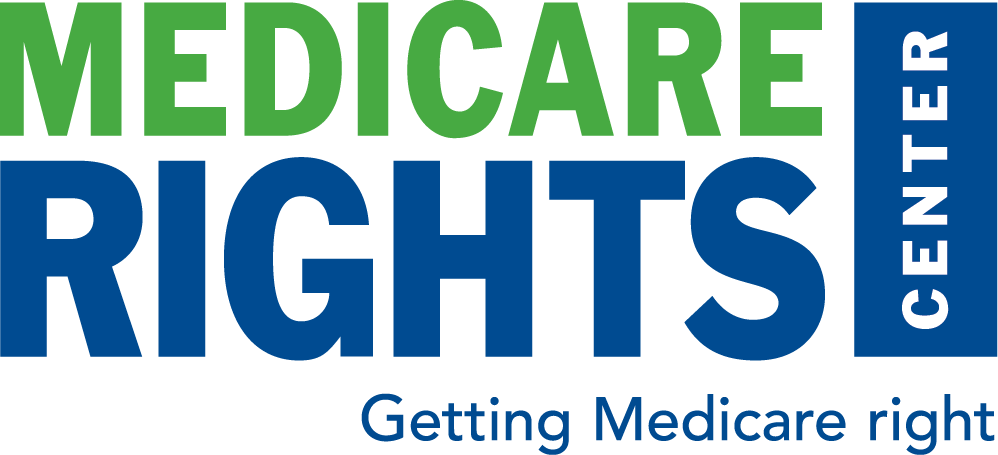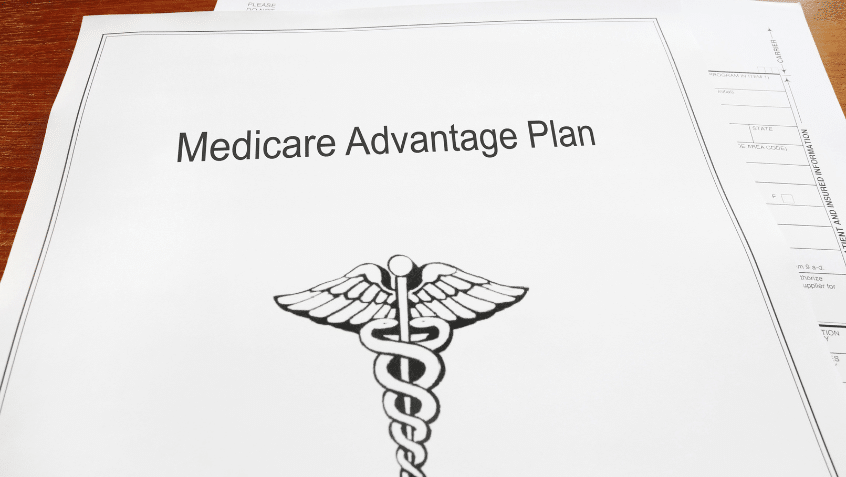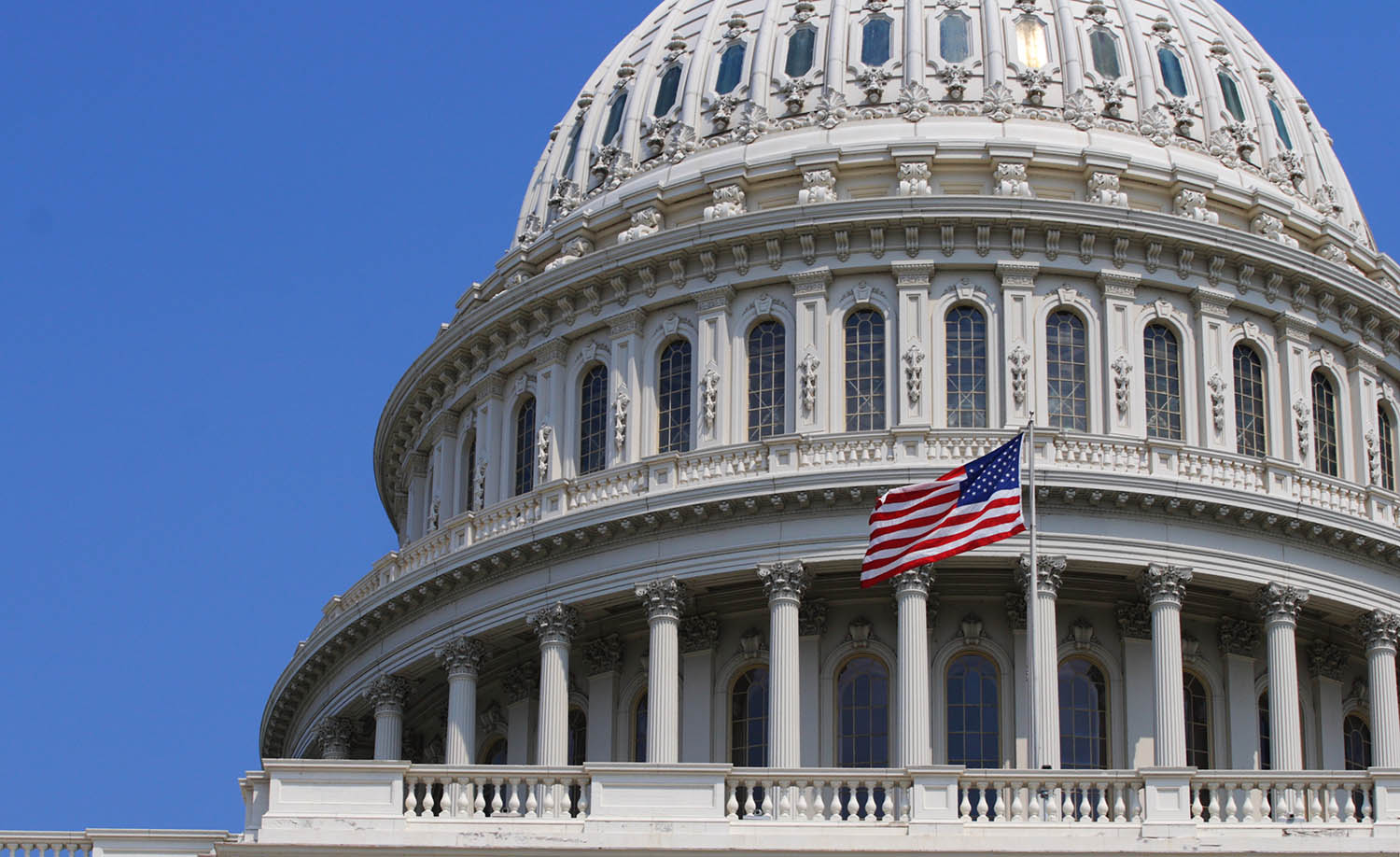MedPAC Calls for Improvements in Medicare Part B Enrollment Process
- By Lindsey Copeland
- June 20, 2019

In its June 2019 report to Congress, the Medicare Payment Advisory Commission (MedPAC) recommends improvements to the complex Medicare Part B enrollment process, including strengthening notification requirements which is, in part, what the Beneficiary Enrollment Notification and Eligibility Simplification (BENES) Act proposes to do (S. 1280/H.R. 2477).
Currently, only individuals who applied for or are receiving Social Security benefits at age 65 are notified about their Medicare Part B eligibility. Everyone else must make an active Medicare enrollment choice, taking into consideration specific timelines and existing coverage. If this transition is mismanaged—as it often is—individuals new to Medicare may face lifetime late enrollment penalties, higher health care costs, gaps in coverage, and disruptions in care continuity.
The bipartisan BENES Act is a commonsense solution that is long overdue. The BENES Act would fill the long-standing gap in outreach and education by directing the federal government to notify individuals who are approaching Medicare eligibility about their enrollment options and responsibilities.
As MedPAC notes “[t]he lack of a notification process ensuring that individuals are aware of their eligibility for and their need to enroll in Medicare as they turn 65 should be addressed. Improvement in the timeliness of notification to eligible individuals about Medicare enrollment and potential late-enrollment penalties is essential. The Secretary could work with the SSA to ensure that prospective beneficiaries receive adequate and timely notification of their pending Part B eligibility and the consequences of delaying enrollment.”
As people work later in life and defer their Social Security benefits, and as the eligibility ages for Medicare and full Social Security continue to widen, an ever-growing number of people aging into Medicare will be exposed to the pitfalls and harms of the current Part B enrollment system.
MedPAC estimates about 800,000 beneficiaries were paying a late-enrollment penalty for Part B in 2016.
Every day on our National Consumer Helpline we hear from people who inadvertently made a Part B enrollment mistake because, regrettably, they didn’t know or understand the rules or they were misinformed about them. Immediate policy changes—namely the BENES Act—are needed to improve the health and financial security for millions of current and future Medicare beneficiaries.
Medicare Rights also supports several of MedPAC’s other recommendations to improve the Part B enrollment process, including by increasing funding for State Health Insurance and Assistance Programs (SHIPs) and expanding the availability of Special Enrollment Periods (SEPs) to people with pre-Medicare coverage other than employer-sponsored group health plans.
We also agree with the Commission that the Secretary should examine the efficacy of the Part B late enrollment penalty structure. While it is important that a penalty appropriately deter anyone who might actively seek to avoid Medicare enrollment, it must not punish those who make honest mistakes. Currently, it is not known if or to what extent the penalties are having the desired effects.
The Latest
Most Read
Add Medicare to Your Inbox
Sign up to receive Medicare news, policy developments, and other useful updates from the Medicare Rights.









